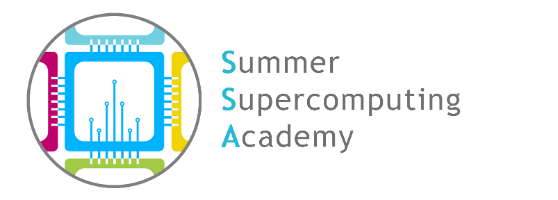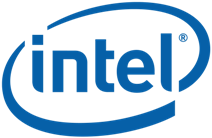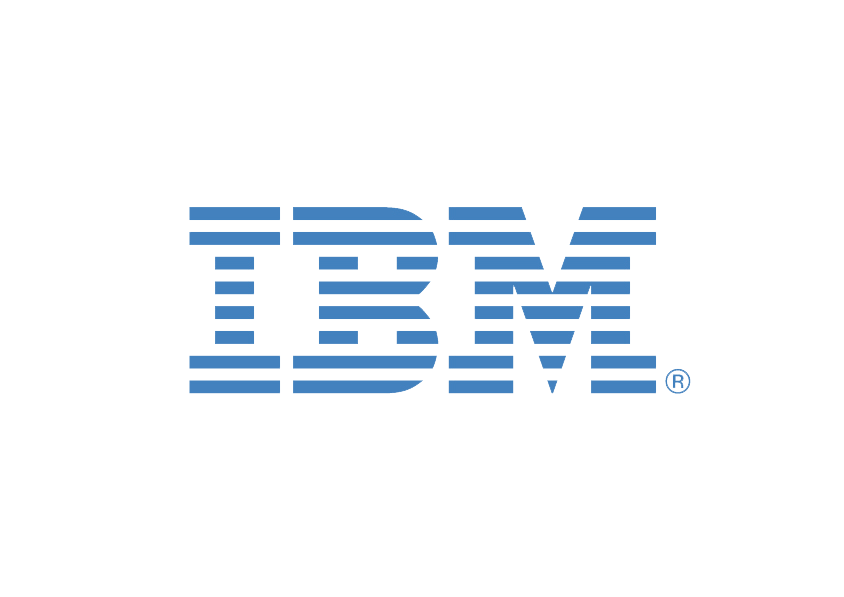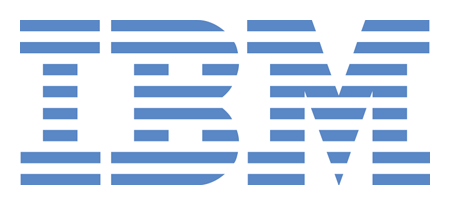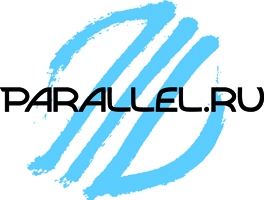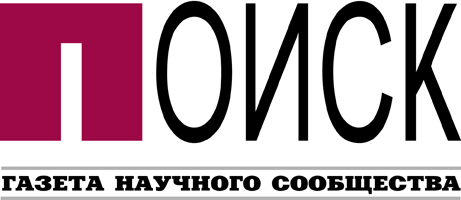Academy curriculum consists of lectures on the issues of supercomputer technology and high-performance computing, in-depth training courses ( tracks ), workshops and training on specific topics of supercomputer technologies and the development of parallel algorithms and software for high-performance computing systems. The focus of the curriculum of the Academy on the problems of constructing sverhmasshtabiruemyh applications to address current computational challenges.
The first week of the Academy will include lectures for all members of the Academy. In the first week of the program will include lectures by renowned scientists and review lectures.
Below is a list of some of the lecturers who will privide their work on the academy:
Voevodin VV, Kryukov VA, Tyrtyshnikov EE, Chetverushkin BN, Aladyshev OS, Opanasenko VY, Alexander Semin, Thomas Sterling, Sokolov IA, Shegal RM,Efremov RG
The program is part of the Academy Conference , where the participants of the Academy will present their research papers. The best works will be recommended for publication in a collection of papers published in the MSU. Program and a set of tracks is not yet final, and the list of the content and information will be updated as more data. Watch for changes on the site.
